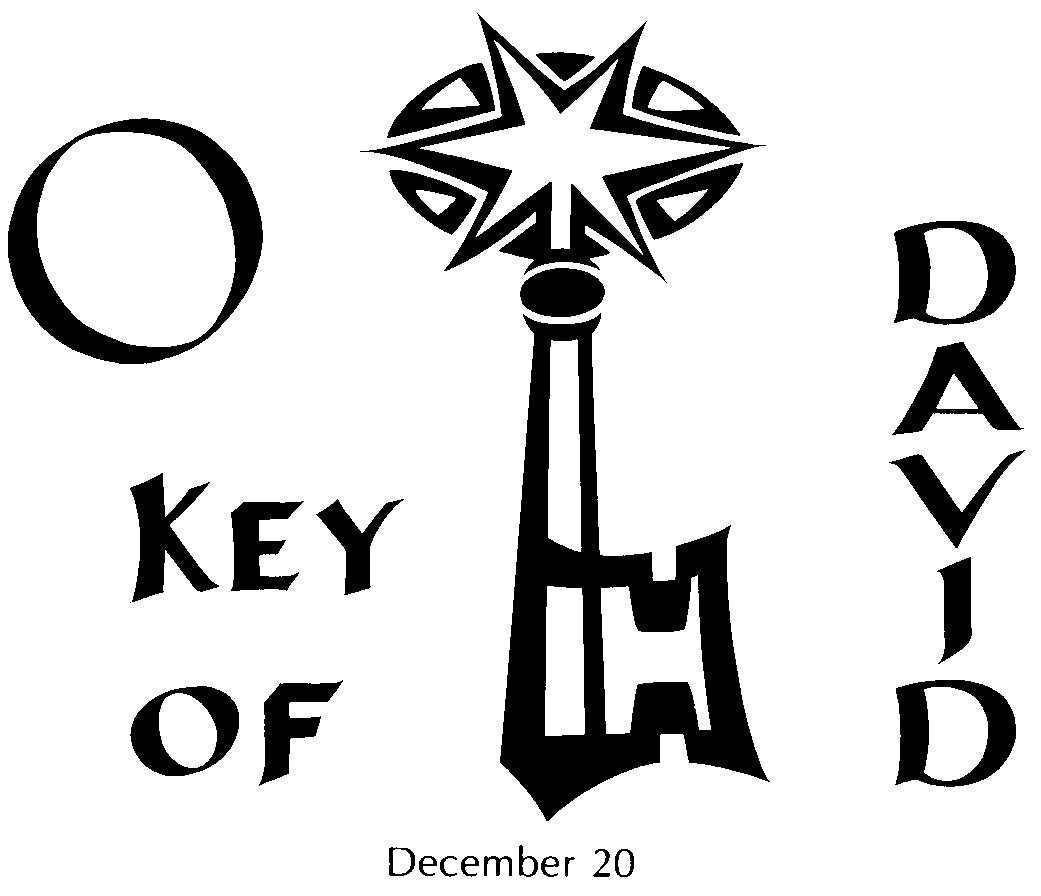Breaking Open the Word - 4th Sunday of Advent, Year B
4th Sunday of Advent, Year B — December 20th, 2020
With Christmas right around the corner, the Church gave her children this week several beautiful readings to prepare them for the Messiah’s coming. She begins with God’s promise to David, a promise that seemed to have gone unfulfilled – far from “enduring forever,” the Davidic kingdom was decimated within just a few generations! But, somehow, hope still lived on in the hearts of Israelites. In our discussion, one Sister focused on the amazing tenacity that the faithful Jews showed in clinging to this promise, even though most of them died without seeing its fulfillment in Christ. In the season of Advent, we are called to enter mystically into their experience of waiting and trusting in God’s faithfulness. This applies not only to our preparation for Christmas, but most especially to our anticipation of the Second Coming of Christ, the ultimate hope of our faith.
So what does Israel teach us in this instance about fidelity when God seems to be waiting far too long to fulfill His promises? A Sister suggested that the key lies in memory. Modern Western culture, especially in America, has become frantically-paced and has lost a sense of rootedness in memory and tradition. It is our mission as Christians and as Catholics to imitate Israel’s determined cultivation of memory, of passing on the knowledge and conviction of God’s fidelity, so that we will not lose hope but rather await with joyful expectation the day when He comes in power.
We also discussed David himself – that enigmatic second king of Israel who is known as the “man after God’s own heart.” What did he do to deserve such a title? After all, the Old Testament makes no secret of his sins and failings! One Sister said that she sees David’s unique sanctity as consisting not so much of a “perfect” life, but of his steadfast good will and his desire to make God, rather than himself, the center of his kingdom. Another Sister pointed out that David is an example of an Old Testament saint who, though lacking the special graces granted after the coming of Christ, nevertheless followed God wholeheartedly with the graces he was given. After all, the exceptional holiness we see in many New Testament saints is a pure gift of God through the merits won by Jesus on the Cross!
Moving to the Gospel, we discussed some of Pope Emeritus Benedict XVI’s insights from Jesus of Nazareth: the Infancy Narratives on the two Annunciation stories in Luke’s Gospel. The Annunciation to Zechariah exemplifies the public, outwardly spectacular nature of Divine revelations in the Old Testament; it takes place in the Temple, with a Levitical priest, in the presence of crowds of people. The Annunciation to Mary, on the other hand, reveals the much “quieter” way in which God chooses to act in the New Testament; it takes place in an obscure town, with a humble virgin, alone with God and the angel. We who have received the graces won by Christ are also expected to be more attentive to the Lord’s presence and action in these humble yet powerful ways, to receive Him in our daily lives and in the mysterious ways He works in our world.
The Annunciation by Henry Ossawa Tanner
Despite this outward simplicity, the Annunciation to Mary is far from “quiet” when we consider its significance! A Sister was particularly struck by the power of the phrase, “Hail, full of grace.” To call the Virgin “full of grace” is to stand in wonder of God’s unique work in her soul, to regard with awe her incredible holiness. When Gabriel chooses to address Mary by this title, rather than by her given name, he is expressing his own reverence in the presence of the one conceived without sin and destined to be the Mother of God. How, then, does one who is “full of grace” live her life? Sister shared that she sees Our Lady as a special model of recollection, of constant union with and love for God even in the midst of her daily duties. In a sense, she is living the life God wanted for Adam and Eve – she can “walk with the Lord in the cool of the day.” And also because of her great purity, she (unlike David, who was barred from building the Temple because of his life of bloodshed) is able to build the new and perfect Temple, the Body of Christ. Though none of us has the privilege of being immaculately conceived or without sin in our lives, we can still look to Mary as a model to strive towards and a promise of what God intends for all of us in the life to come!
Merry Christmas to each one of you! May the Infant Christ, our Incarnate Lord, be born anew in your hearts and in your homes on this blessed night, and may He fill you with His richest blessings.


